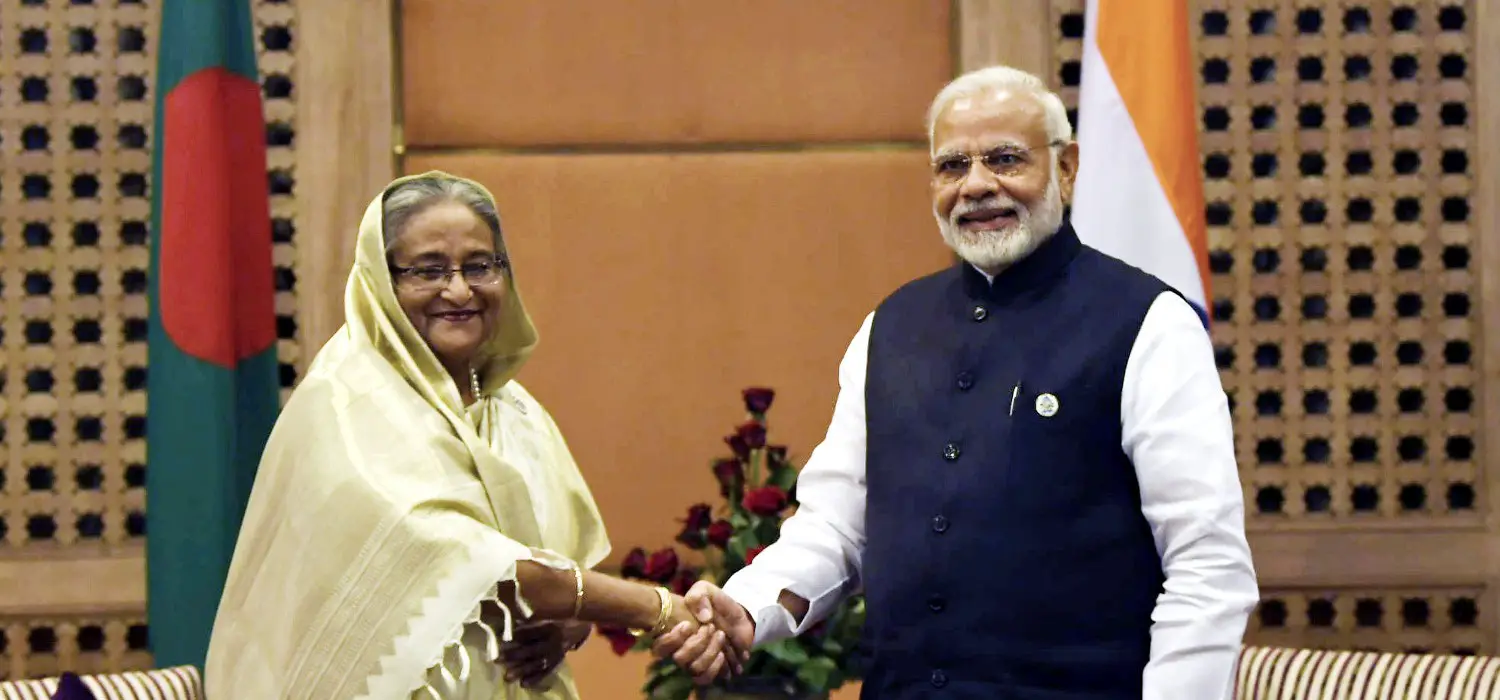Abstract
Atal Bihari Vajpayee once stated that you can change your friends but not your neighbors. This holds strong ground for India having a land frontier of 15,106.7 km. The total length of the coastline of India is 7,516.6 km. The paper sheds light on how managing this huge boundary is a challenging task and how India has faced various border management issues in the past with nearly all its neighbors, be it stressed border tension or extra porous borders. The paper further highlights the aggressive fronts from China and Pakistan borders, drug smuggling issues from the Golden Triangle, and crescent and porous borders with Bangladesh, Bhutan, and Nepal. The paper also talks about the neighborhood dynamics that have seen many ups and downs. These twists and turns forced India to mend its foreign policy over some time with many structural as well as ideological changes. The paper also highlights how neighboring countries have played an important role in the formulation of foreign policy along with the country’s history, culture, political system, and other elements, like geography and natural borders. Some of them are constants, while others, like the domestic and external environment, change frequently which are also discussed in detail ahead.
Introduction
From ancient times India has maintained foreign relations with countries for economic and cultural links all over the world. India has a large and complex neighborhood. It shares borders and maritime boundaries with neighbors several thousand kilometers long. India’s defense and security acquire preeminence, Relations are complex covering aspects of security, migration, trade, water sharing, and presence of outside great powers in the neighborhood. The dynamics of these relations change rapidly as issues move up and down the priority list depending upon the exigencies of time. With the rise of multipolar international politics, India must establish a long-term relationship between its domestic and foreign policy goals. Since its independence in 1947, India’s principal challenges have included promoting internal cohesion and managing its often-troubled relations with its neighbors.
S.D. Muni (a fellow with the Institute for Defence Studies) notes that India’s policy towards its immediate neighbors is likely to face severe challenges from internal turbulence in those countries and India itself, as has been the case with Pakistan, Nepal, and Sri Lanka. India has been continuously facing Chinese intervention in both land area and maritime zone area since 1962. India’s foreign policy seeks to protect political independence and external security.
Click Here To Download The Paper


📌Analysis of Bills and Acts
📌 Summary of Reports from Government Agencies
📌 Analysis of Election Manifestos

